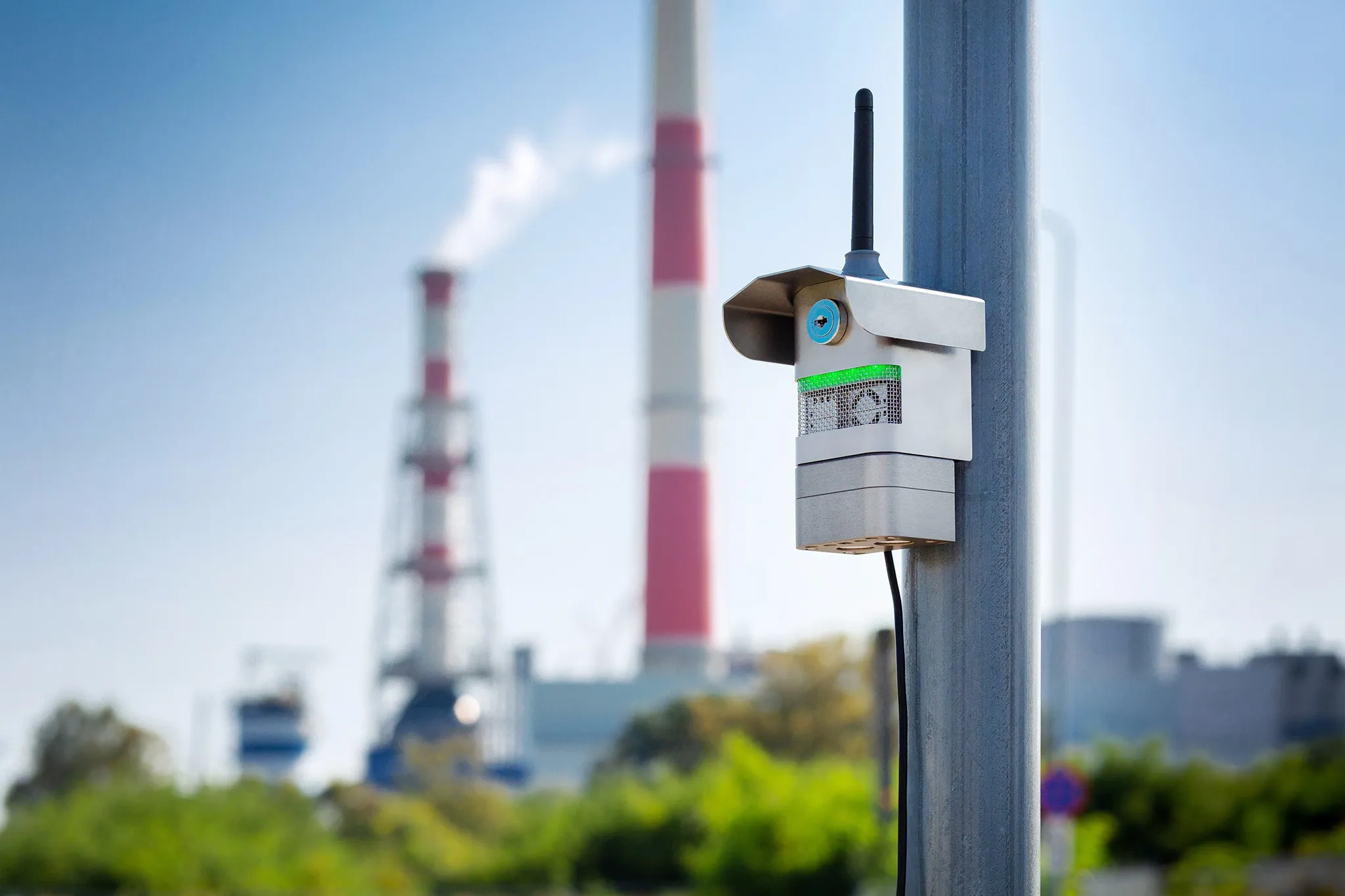Connected Kerb has launched its public kerbside charging infrastructure for electric vehicles (EVs) in the London borough of Southwark.
The project, which is set for a city-wide rollout, stems from an agreement with Southwark Council and electricity infrastructure provider National Grid.
The fibre broadband and wireless kerbsides, powered by Virgin Media, offer internet connectivity to EV drivers. Also, the solution provides environmental and traffic monitoring data for public authorities.
February 4, 2019
Read time: 2 mins
Connected Kerb has launched its public kerbside charging infrastructure for electric vehicles (EVs) in the London borough of Southwark.
The project, which is set for a city-wide rollout, stems from an agreement with Southwark Council and electricity infrastructure provider5605 National Grid.
The fibre broadband and wireless kerbsides, powered by Virgin Media, offer internet connectivity to EV drivers. Also, the solution provides environmental and traffic monitoring data for public authorities.
Richard Livingstone, Southwark’s cabinet member for environment, transport management and air quality, says: “We also hope that the data supplied from air quality monitors within the chargers will add to the council's existing air quality monitoring network.”
Livingstone believes the charge points will make it easier for people who live in Southwark to make the switch to EVs. The UK government’s Road to Zero emission goal is to transition at least 50% of new cars to ultra-low emission by 2030.
Last year, Connected Kerb won the Mayor of London’s Award for Urban Innovation and has since been working with local authorities in the UK.
Strides have been taken to install EV technology in London. In August 2018, a Spotahome study revealed that the UK capital has the most amount of chargepoints compared to 89 global cities.
The project, which is set for a city-wide rollout, stems from an agreement with Southwark Council and electricity infrastructure provider
The fibre broadband and wireless kerbsides, powered by Virgin Media, offer internet connectivity to EV drivers. Also, the solution provides environmental and traffic monitoring data for public authorities.
Richard Livingstone, Southwark’s cabinet member for environment, transport management and air quality, says: “We also hope that the data supplied from air quality monitors within the chargers will add to the council's existing air quality monitoring network.”
Livingstone believes the charge points will make it easier for people who live in Southwark to make the switch to EVs. The UK government’s Road to Zero emission goal is to transition at least 50% of new cars to ultra-low emission by 2030.
Last year, Connected Kerb won the Mayor of London’s Award for Urban Innovation and has since been working with local authorities in the UK.
Strides have been taken to install EV technology in London. In August 2018, a Spotahome study revealed that the UK capital has the most amount of chargepoints compared to 89 global cities.








